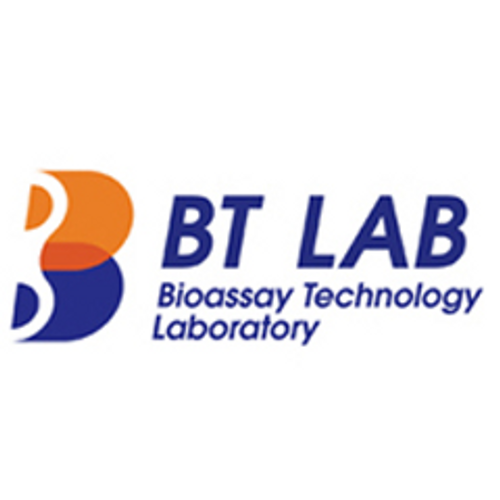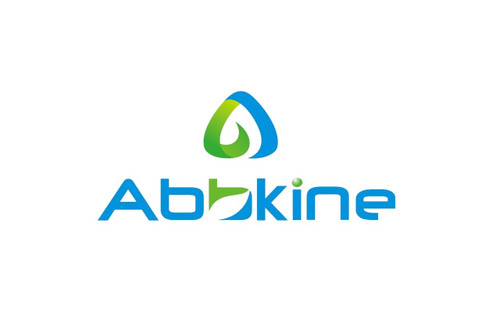Product Description
Human Proinsulin (PI) ELISA Kit | AE27567HU | Abebio
Species Reactivity: Human (Homo sapiens)
Abbreviation: PI
Alternative Name: N/A
Application: ELISA
Range: 12.35-1000 pg/mL
Sensitivity: 5.13 pg/mL
Intra-Assay: ≤5.5%
Inter-Assay: ≤8.9%
Recovery: 0, 99
Sample Type: Serum, Plasma, Other biological fluids
Detection Method: Sandwich
Analysis Method : Quantitive
Test Principale: This assay employs a two-site sandwich ELISA to quantitate PI in samples. An antibody specific for PI has been pre-coated onto a microplate. Standards and samples are pipetted into the wells and anyPI present is bound by the immobilized antibody. After removing any unbound substances, a biotin-conjugated antibody specific for PI is added to the wells. After washing, Streptavidin conjugated Horseradish Peroxidase (HRP) is added to the wells. Following a wash to remove any unbound avidin-enzyme reagent, a substrate solution is added to the wells and color develops in proportion to the amount of PI bound in the initial step. The color development is stopped and the intensity of the color is measured.
Product Overview: Proinsulin is synthesized in the pancreatic beta cells as a 9390 mw polypeptide of 86 amino acids. Proinsulin is subsequently cleaved enzymatically, releasing insulin into the circulation along with a residual 3000 mw fragment called C-peptide, so-named because it connects the A and B chains of insulin within the proinsulin molecule. Proinsulin, which has relatively low biological activity (approximately 10% of insulin potency), is the major storage form of insulin. Normally, only small amounts (~3% of the amount of insulin, on a molar basis) of proinsulin enter the circulation. Because the hepatic clearance of proinsulin is only 25% of insulin clearance, the half-life of proinsulin is two- to threefold longer and concentrations in the fasting state are approximately 10% to 15% of insulin concentrations.
Stability: The stability of ELISA kit is determined by the loss rate of activity. The loss rate of this kit is less than 5% within the expiration date under appropriate storage condition. The loss rate was determined by accelerated thermal degradation test. Keep the kit at 37°C for 4 and 7 days, and compare O.D.values of the kit kept at 37°C with that of at recommended temperature. (referring from China Biological Products Standard, which was calculated by the Arrhenius equation. For ELISA kit, 4 days storage at 37°C can be considered as 6 months at 2 - 8°C, which means 7 days at 37°C equaling 12 months at 2 - 8°C) .
 Euro
Euro
 USD
USD
 British Pound
British Pound
 NULL
NULL








